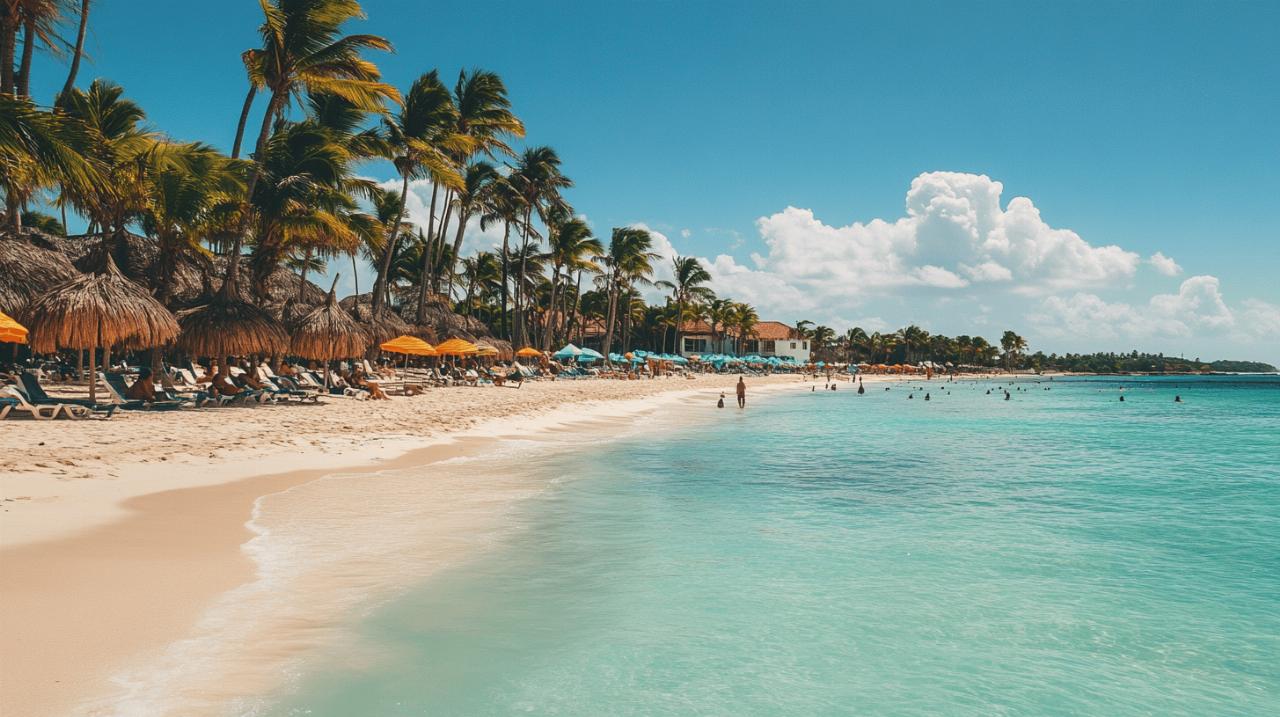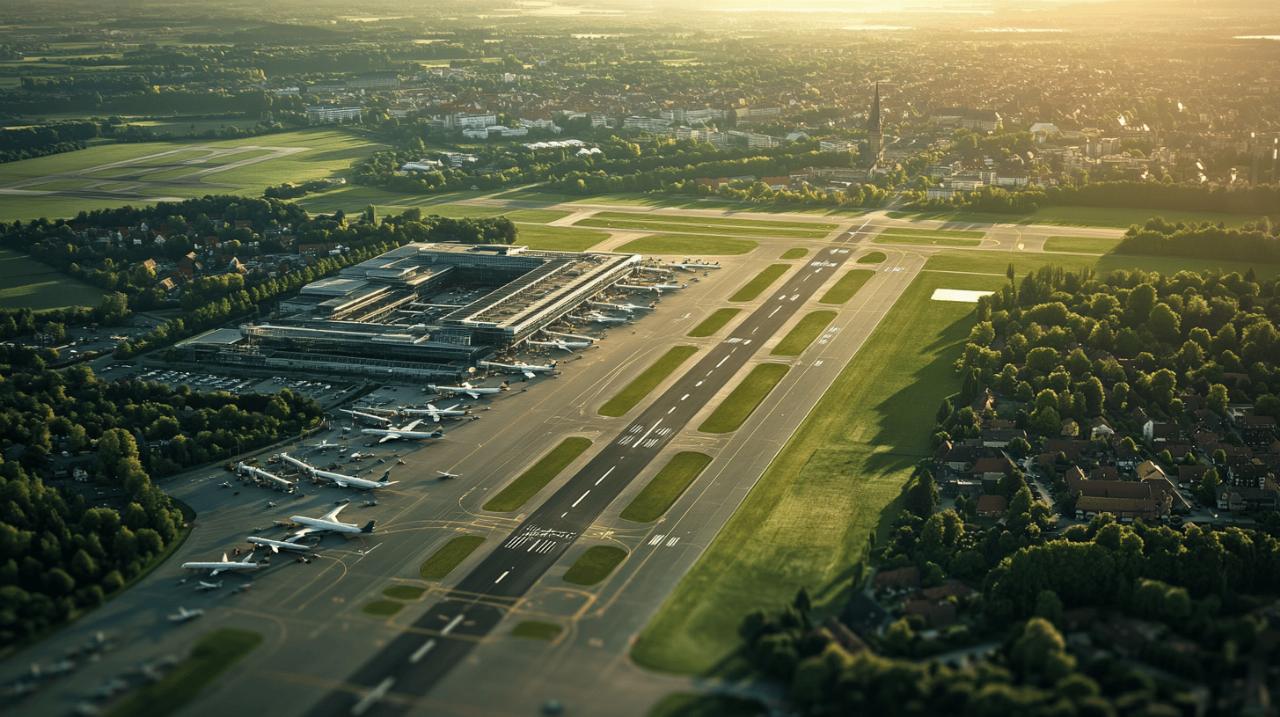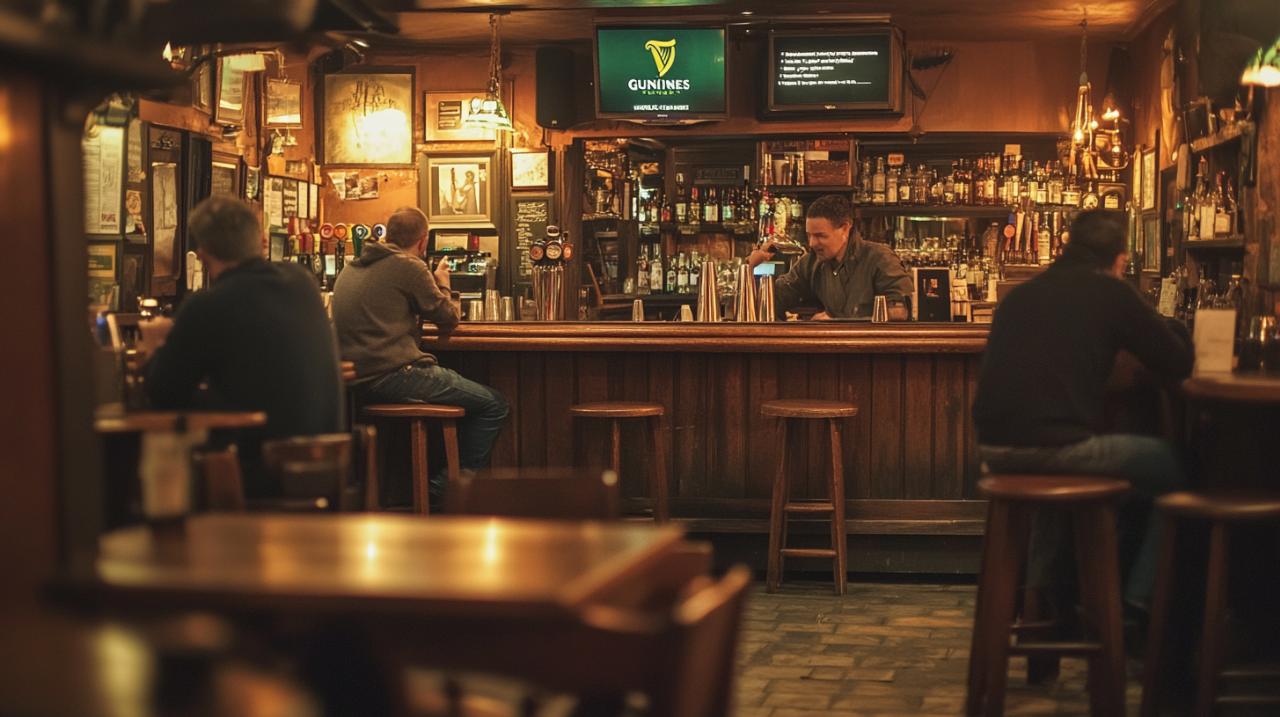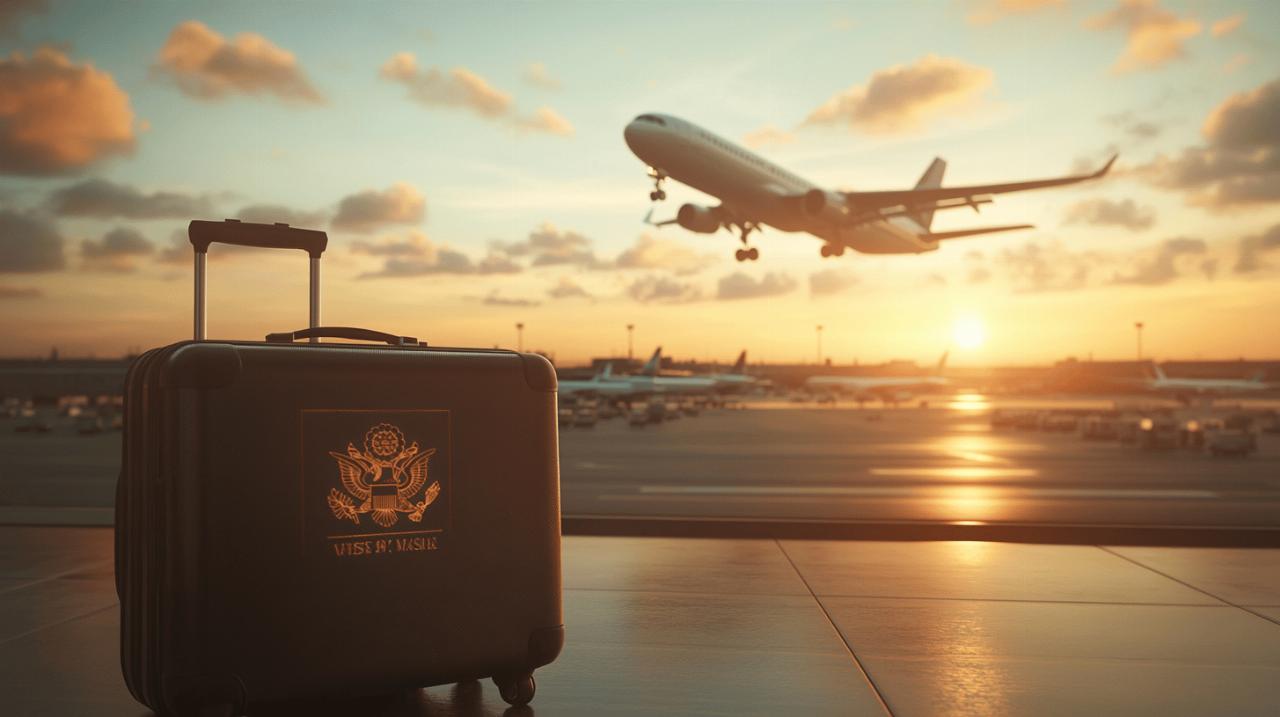Planning a winter escape to the Dominican Republic this January offers British holidaymakers a brilliant opportunity to swap grey skies for Caribbean sunshine. With its inviting climate, stunning coastline, and vibrant culture, the destination has become increasingly popular amongst UK travellers seeking warmth during the coldest month of the year. Before you pack your sunscreen and flip-flops, understanding the essential visa requirements and travel documentation is crucial to ensure a smooth and stress-free arrival. This guide provides all the necessary information for British citizens preparing for their Dominican adventure.
Visa Requirements for British Citizens Travelling to the Dominican Republic
Fortunately for British travellers, visiting the Dominican Republic for tourism purposes is straightforward and does not require a visa for short stays. Citizens holding a British citizen passport can enter the country and remain for up to 30 days without needing to apply for any formal visa in advance. This visa-free arrangement makes the destination highly accessible for those planning a January holiday. However, it is essential to ensure that your passport meets specific validity criteria and that you are aware of the entry procedures to avoid any complications at immigration.
Tourist card explained: what you need to know before departure
Historically, visitors to the Dominican Republic were required to purchase a tourist card upon arrival. However, this system has largely been replaced by an electronic entry and exit form known as the e-ticket. British holidaymakers no longer need to worry about obtaining a physical tourist card at the airport. Instead, the focus has shifted to completing the required digital documentation before departure. The e-ticket system simplifies the process and reduces queues at immigration, allowing travellers to enjoy a more efficient arrival experience. Understanding the specifics of this electronic form is vital to ensuring compliance with entry regulations.
Passport Validity and Entry Stamp Procedures for UK Travellers
Passport validity requirements have traditionally been strict for many international destinations, but the Dominican Republic has introduced special measures for certain nationalities. Until 30 November 2025, British citizens travelling for tourism can enter the country with a passport that remains valid for the duration of their stay. This temporary adjustment offers greater flexibility compared to the standard requirement of six months' validity. Despite this relaxation, it is still advisable to check your passport's expiration date well before departure to avoid any last-minute issues. Upon arrival, immigration officials will process your entry by taking fingerprints and a photograph as part of standard security procedures. Additionally, you will receive an entry stamp in your passport, which you must keep valid throughout your stay. Travellers should also ensure their passport contains at least one blank page for these official stamps. It is equally important to carry proof of onward or return travel, as border officials may request this documentation to confirm that you do not intend to overstay your permitted 30 days.
Essential travel documentation and entry formalities
Beyond passport validity, there are several additional documents and forms that British visitors must prepare before embarking on their January getaway. Proper preparation not only ensures compliance with Dominican immigration laws but also helps expedite the arrival process, allowing you to begin your holiday without unnecessary delays. From electronic forms to proof of accommodation, understanding these requirements is essential for a seamless entry experience.
Completing the E-Ticket Form: A Step-by-Step Guide for British Visitors
The electronic entry and exit form, commonly referred to as the e-ticket, is a mandatory requirement for all passengers arriving on commercial flights. This form must be completed online up to seven days before your scheduled arrival in the Dominican Republic. The digital system allows travellers to submit their information in advance, reducing the time spent at immigration upon landing. The form requests basic details such as your passport number, flight information, and the address where you will be staying during your visit. Families travelling together can benefit from a convenient feature that allows one form to include up to seven family members, streamlining the process for those holidaying with children. Once submitted, you will receive a confirmation which you may be asked to present upon arrival. Ensuring that all details are accurate and that the form is completed well in advance will help avoid any complications at the airport. Many travellers find it helpful to complete this step shortly after booking their flights to ensure it is not forgotten amidst the excitement of holiday preparations.
Return Flight Tickets and Proof of Accommodation Requirements
In addition to the e-ticket, British visitors must be prepared to provide proof of onward or return travel when entering the Dominican Republic. Immigration officials may request a copy of your return flight ticket to confirm that you have plans to leave the country within the permitted 30-day period. This requirement is in place to prevent overstays and to ensure that visitors comply with the terms of their visa-free entry. Similarly, you may be asked to provide details of your accommodation during your stay, whether it is a hotel booking, a resort reservation, or a private address. Having these documents readily accessible, either in printed form or saved on your mobile device, will facilitate a smoother passage through immigration. It is also advisable to carry proof of sufficient funds to cover your expenses during your visit, although this is not always requested. These precautions demonstrate to immigration authorities that you are a genuine tourist with a clear plan for your time in the Dominican Republic.
Customs Regulations and Health Documentation for January Travel
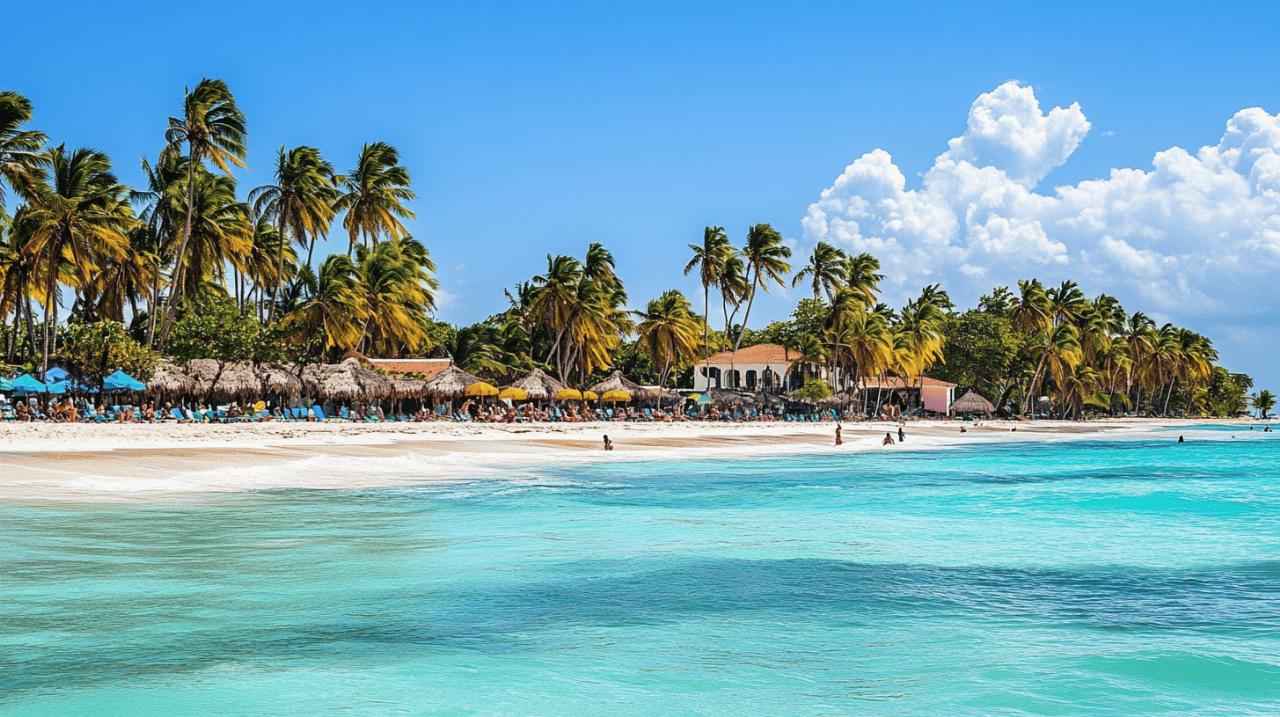 Understanding customs regulations and health requirements is another critical aspect of preparing for your trip. The Dominican Republic has specific rules regarding what goods can be brought into the country, and there are also health considerations that British travellers should address before departure. Being aware of these regulations will help you avoid fines, confiscation of items, or health-related complications during your stay.
Understanding customs regulations and health requirements is another critical aspect of preparing for your trip. The Dominican Republic has specific rules regarding what goods can be brought into the country, and there are also health considerations that British travellers should address before departure. Being aware of these regulations will help you avoid fines, confiscation of items, or health-related complications during your stay.
Understanding Customs Allowances and Prohibited Items at Dominican Airports
When arriving in the Dominican Republic, travellers are subject to customs inspections and must declare any goods that may be subject to taxation or restriction. British visitors are permitted to bring in a reasonable quantity of personal items without incurring duties. Specifically, customs allowances include up to 20 packs of cigarettes, 25 cigars, or 200 grams of tobacco. Alcohol allowances permit up to three litres of wine, beer, rum, whisky, or other spirits. Additionally, gifts with a total value of up to 500 US dollars are allowed every three months. It is important to note that any items exceeding these limits must be declared, and duties may apply. Travellers should also be aware of prohibited items, which include certain agricultural products, weapons, and illegal substances. Customs forms must be completed accurately, and it is advisable to be honest and transparent when declaring goods to avoid penalties. Upon departure, a departure tax of 20 US dollars is typically levied, although this fee is usually included in the cost of your airline ticket. Checking with your airline before travel can confirm whether this charge has already been covered.
Recommended Vaccinations and Travel Insurance for British Holidaymakers
For British travellers departing from the UK, there are no compulsory vaccinations required to enter the Dominican Republic. However, it is strongly recommended to consult with a healthcare professional at least eight weeks before your departure to discuss any vaccinations that may be advisable based on your health history and travel plans. Routine vaccinations such as those for measles, mumps, and rubella should be up to date, and additional vaccines for hepatitis A and typhoid may be suggested depending on the areas you plan to visit. Notably, a yellow fever vaccination certificate is required for passengers arriving from certain regions, including specific Brazilian states and Venezuela, but this does not apply to travellers coming directly from the United Kingdom. In response to health concerns, entry has been suspended for passengers and crew arriving from Equatorial Guinea due to the Marburg virus since February 2023. While this restriction is unlikely to affect British holidaymakers, it underscores the importance of staying informed about health advisories. Beyond vaccinations, securing comprehensive travel insurance is highly recommended. A good policy should cover medical expenses, trip cancellations, lost luggage, and emergency repatriation. Given that healthcare costs can be significant if you require medical attention abroad, travel insurance provides peace of mind and financial protection throughout your holiday.
Practical Tips for a Smooth Arrival and Departure Process
Navigating airport procedures and understanding the practicalities of your stay can greatly enhance your travel experience. From knowing what to expect at immigration to managing your finances and duration of stay, a little preparation goes a long way in ensuring that your January holiday in the Dominican Republic is enjoyable and hassle-free.
Airport Procedures at Punta Cana and Santo Domingo: What to Expect
Most British travellers arrive at Punta Cana International Airport, which is well-equipped to handle the influx of tourists, particularly during the peak winter months of December through April. Flights from the UK, departing from London and Manchester, typically take just over nine hours, with airlines such as TUI and British Airways operating approximately 22 flights per week to Punta Cana. Upon landing, you will proceed through immigration where officials will verify your passport, take your fingerprints and photograph, and check your e-ticket confirmation. Having all required documents easily accessible will help expedite this process. After clearing immigration, you will collect your luggage and pass through customs, where you may be asked to present your customs declaration form. It is important to note that lifeguards are present at many popular beaches, and it is generally safe to swim in these designated areas. However, exercising caution and adhering to local safety advice is always recommended. If you are arriving at Santo Domingo's Las Américas International Airport, the procedures are similar, though this airport is smaller and may have shorter queues during quieter periods. Both airports offer currency exchange facilities, although it is often more economical to withdraw local currency, the Dominican peso, from ATMs once you have cleared customs.
Currency, Duration of Stay, and Immigration Considerations for UK Nationals
The official currency of the Dominican Republic is the Dominican peso, and at the time of writing, ten British pounds is approximately equivalent to 830 pesos. While many tourist areas accept US dollars and major credit cards, having local currency on hand is useful for smaller purchases, tips, and transactions in areas less frequented by tourists. Spanish is the official language, although many people working in the tourism industry speak some English, making communication relatively straightforward for British visitors. As previously mentioned, UK nationals can stay in the Dominican Republic for up to 30 days without a visa. If you wish to extend your stay, it is possible to do so by paying a fee to the Immigration Service, allowing for a total stay of up to 120 days. However, if your plans involve work, study, or any activity beyond tourism, you will need to apply for the appropriate visa and meet additional entry requirements. For families travelling with children aged 17 and under who are flying alone, it is essential to check specific travel requirements with both the airline and the Dominican Immigration Service, as additional documentation may be necessary. Finally, while tourist areas such as Punta Cana, Puerto Plata, and Samaná are generally safe, it is important to exercise common sense, remain aware of your surroundings, and follow local advice to ensure a secure and enjoyable holiday.

